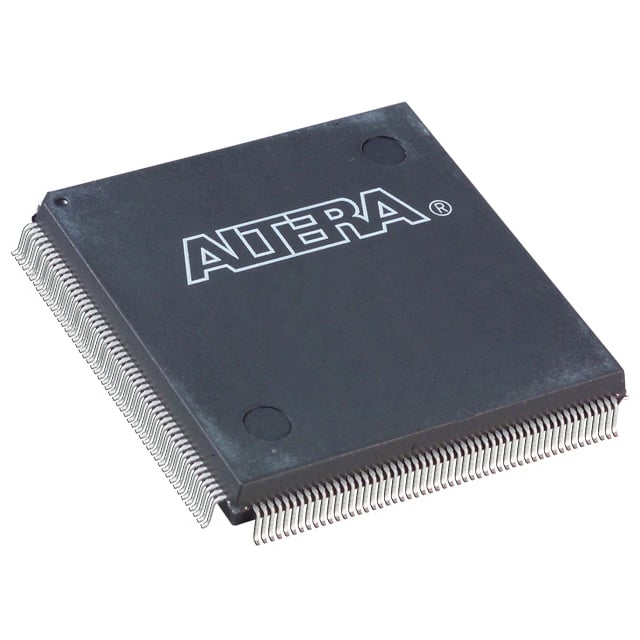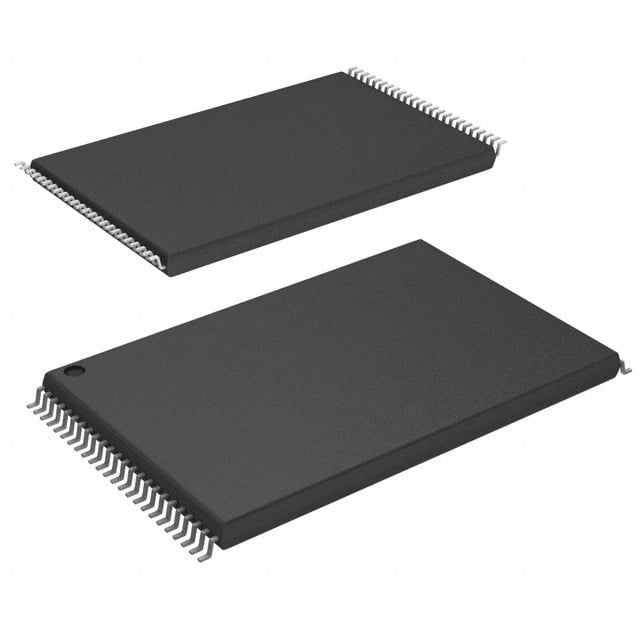Broader Horizons for Chip Technology in Emerging Industries
2024-12-05 14:05:47 749
Chip technology's rapid evolution is fueling innovation in a wide range of industries, including conventional sectors such as computing and telecommunications. Advanced semiconductors are currently driving innovations in industries including marine exploration, precise medicine, entertainment, and smart construction. Their versatility and efficiency are opening up new possibilities, addressing complex problems, and redefining how we engage with technology.
The Versatility of Advanced Chips
Modern chips are engineered to handle specific tasks with precision, making them essential for applications that demand high performance, adaptability, and efficiency. Key features include:
- Real-Time Processing: Chips offer rapid data analysis for instant decision-making.
- Customizability: Tailored solutions meet the unique requirements of diverse industries.
- Energy Efficiency: Optimized designs support sustainable applications, minimizing power consumption.
- Durability: Built for extreme environments, chips can withstand challenging conditions such as deep-sea pressure or high temperatures.
These characteristics make chips indispensable in pushing the boundaries of innovation.
Applications of Chips in New and Emerging Industries
1. Marine Exploration and Ocean Technology
The mysteries of the ocean are being unraveled thanks to advanced chips powering innovative marine technology:
- Autonomous Underwater Vehicles (AUVs): Chips in AUVs process sonar and imaging data in real-time, enabling detailed mapping of the ocean floor.
- Environmental Monitoring: Semiconductor sensors track water quality, temperature, and marine biodiversity, aiding conservation efforts.
- Deep-Sea Communication: Specialized chips facilitate reliable underwater communication networks for research and exploration.
2. Precision Medicine
In healthcare, chips are advancing precision medicine by enabling tailored treatments based on individual patient data:
- Genomic Analysis: Chips accelerate DNA sequencing, helping researchers identify genetic markers for personalized therapies.
- Smart Drug Delivery Systems: Embedded chips in medical devices regulate drug dosages based on real-time monitoring of patient vitals.
- Portable Diagnostic Tools: Chips power compact diagnostic devices, enabling rapid and accurate tests in remote or underserved areas.
3. Immersive Entertainment
The entertainment industry is leveraging chips to create experiences that captivate audiences and push technological limits:
- Holographic Displays: Advanced chips process complex imaging data, making lifelike holograms a reality for concerts, exhibitions, and virtual meetings.
- Interactive Gaming: Chips in gaming systems enhance graphics rendering, AI behaviors, and player interaction for more immersive gameplay.
- Live Event Broadcasting: Semiconductor solutions enable multi-camera synchronization and real-time video processing, elevating the quality of live-streamed events.
4. Smart Construction and Infrastructure
The construction industry is adopting smart technology powered by advanced chips to improve safety, efficiency, and sustainability:
- Autonomous Construction Equipment: Chips guide machinery for tasks like excavation and material transport, reducing human labor and improving precision.
- Structural Health Monitoring: Semiconductor sensors embedded in buildings and bridges detect stress and potential failures, ensuring safety and longevity.
- Energy-Efficient Smart Buildings: Chips in building management systems optimize lighting, heating, and cooling based on occupancy and environmental factors.
5. Advanced Manufacturing
In manufacturing, chips are enabling factories to operate smarter, faster, and more efficiently:
- Additive Manufacturing (3D Printing): Chips manage precise layer-by-layer construction in 3D printers, supporting the production of complex and customized components.
- Predictive Analytics: Chips analyze machine performance data, predicting maintenance needs and preventing costly downtime.
- Quality Control: Semiconductor-powered imaging systems inspect products for defects with unmatched accuracy and speed.
Advantages of Chips in Emerging Applications
Advanced chips provide several benefits that make them indispensable for innovative industries:
- Performance Optimization: Custom chip designs ensure maximum efficiency for specific applications.
- Real-Time Insights: Rapid data processing supports instant decision-making in time-sensitive scenarios.
- Cost Efficiency: Automation and precision reduce operational costs across industries.
- Sustainability: Energy-efficient chips support environmentally friendly practices in sectors like construction and marine exploration.
Challenges in Deploying Chips in Emerging Fields
While chips are transforming industries, their deployment comes with challenges:
- High Development Costs: Custom chip designs require significant investment in research and manufacturing.
- Solution: Advances in modular chip architectures are reducing development costs.
- Integration Complexity: Adapting chips to industry-specific systems can be technically demanding.
- Solution: Collaborative innovation between chipmakers and industry stakeholders ensures seamless integration.
- Environmental Impact: Manufacturing processes can have a high carbon footprint.
- Solution: Sustainable production practices and recyclable materials are being adopted across the semiconductor industry.
Future Trends in Chip Technology
The future of chip applications is bright, with emerging trends promising to expand their capabilities:
A. Biocompatible Chips
In healthcare, biocompatible chips will enable direct integration with the human body, powering advanced prosthetics and health monitoring systems.
B. Edge Computing
Edge chips are becoming smarter, supporting real-time data processing for applications like autonomous vehicles and remote monitoring.
C. Quantum-Integrated Chips
Combining classical and quantum computing in chips will unlock unprecedented computational power for fields like cryptography and complex simulations.
D. Renewable Energy Chips
Chips optimized for renewable energy systems will enhance efficiency in solar panels, wind turbines, and battery management.
Conclusion
Chips are no longer just for traditional applications; they are altering emergent industries and allowing innovation in ways we never anticipated. As industries evolve, investing in cutting-edge semiconductor solutions will be critical to maintaining competitiveness and making breakthroughs.






















